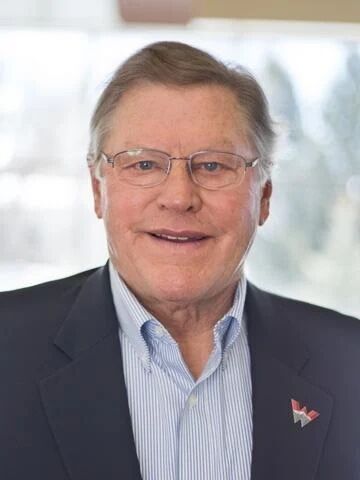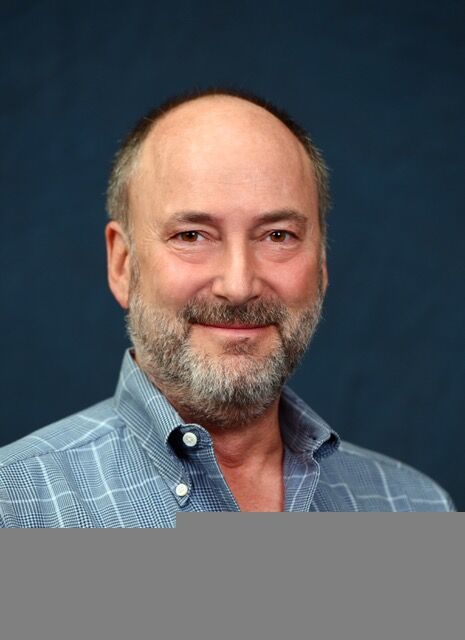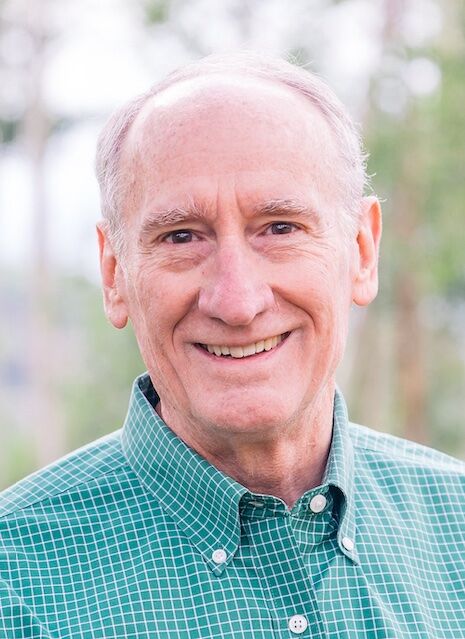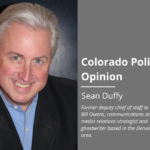Polis’s picks for wildlife will benefit us all | IN RESPONSE



Gov. Jared Polis’s recent appointments to the Colorado Parks and Wildlife Commission have been attacked by some critics who claim to speak for Colorado’s 300,000 resident hunters and more than 1 million resident anglers.
We wish to set the record straight and inform Colorado Politics readers of the historic context that supports the wisdom of Polis’s appointments.
Contrary to various unfounded allegations, Commissioner Gary Skiba is a life-long hunter and angler, and uniquely qualified as a wildlife biologist and hunter to fill a statutorily defined “sportsperson” seat on the commission.
Skiba began hunting at age 12, when his dad gave him a 20 gauge Remington Wingmaster shotgun, which he still uses today. When Skiba moved to Colorado as a young adult, he bow hunted elk and bighorn sheep, and rifle hunted mule deer. While managing a private duck and pheasant hunting area near Milliken, Gary developed his passion for duck hunting and training Labrador retrievers. Gary is also an angler exploring our high mountain lakes, especially in the Weminuche Wilderness north of Durango.
Stay up to speed: Sign-up for daily opinion in your inbox Monday-Friday
Equipped with a master’s degree in wildlife biology from Colorado State University, Skiba capped his 25-year career at the Colorado Division of Wildlife as a senior biologist and project leader. He wrote DOW’s 2004 Wolf Management Plan, which governed our response to migrating wolves until 2023, when our new wolf restoration plan was adopted.
Contrary to erroneous allegations, Skiba was neither the “author” nor active contributor to Prop 114, the 2020 ballot measure mandating restoration of the gray wolf to its historic native habitat in Colorado.
Further, critics are attacking two of the new appointees, who are obligated by state law to represent our state parks system visitors and outdoor recreation generally. These appointees are required by law to bring the expertise to oversee Colorado’s national class state parks system. Comprised of 43 parks on 275,00 acres, most parks feature fishing and water recreation, camping at more than 4,300 campsites, hiking, biking and watchable wildlife, and serve nearly 18 million visitors days annually.
Now, the context:
Although it is beyond the scope of one op-ed piece to offer a detailed history of the North American Model (NAM) of resource management, here is a summary:
At the end of the 19th century, the United States suffered from unregulated commercial and subsistence hunting, which decimated wildlife populations. Indeed, our revered elk were totally eliminated from Colorado, only to be “reintroduced” decades later. To address this problem in the early 20th century, influential hunters like Theodore Roosevelt established common-sense rules for the conservation and management of wildlife which were formalized as the NAM in 2001. The NAM articulates a set of ethical rules designed to create a “sustainable” way forward for management of game species, rebuilding populations of ungulates – elk and deer – as well as bird and fish species. This theme of “human-centered self-interest” in managing wildlife continues to this day throughout state wildlife agencies.
How so?
Hunters and anglers, while providing significant funding for wildlife management through federal taxes on guns, ammo, fishing gear, etc., benefit from the political power (wildlife regulatory commission appointments) these funds avail. Our Colorado wildlife commission, through state laws created at the behest of “hunters, outfitters and agricultural producers,” has long been dominated by self-appointed conservators of wildlife, rather than by citizens representing the interests of all Coloradans, including those who engage in photography or watching, rather than hunting.
Ironically, the focus by state wildlife agencies on hunting a few species has had perverse ecological impacts. For example, killing the best and biggest elk and mule deer (trophy animals) results in depleting the ungulate gene pool. And, culling predators like wolves and mountain lions, which selectively prey on diseased animals, leaves deer and elk herds more susceptible to the spread of chronic wasting disease, which threatens to become endemic among Colorado’s ungulate populations.
To be true to the “public trust doctrine” – the core tenet of the NAM – it’s time to broaden our management of wildlife beyond what is best solely for hunters and ranchers, to one which benefits and serves all. Coloradans deserve a commission committed to promoting biodiversity across all species, and helping the health and resilience of natural ecosystems in light of challenges like climate change.
Thus, Coloradans have good reason to applaud Polis’s appointments to the CPW commission rather than engage in unfounded and erroneous personal attacks.
James Pribyl is a former chair of the Colorado Parks and Wildlife Commission, a former member the Colorado State Parks Board and the Greater Outdoors Colorado Trust Fund (GOCO). He lives in Frisco and Louisville. Richard Pritzlaff is the founder of the Biophilia Foundation and lives in Boulder.










